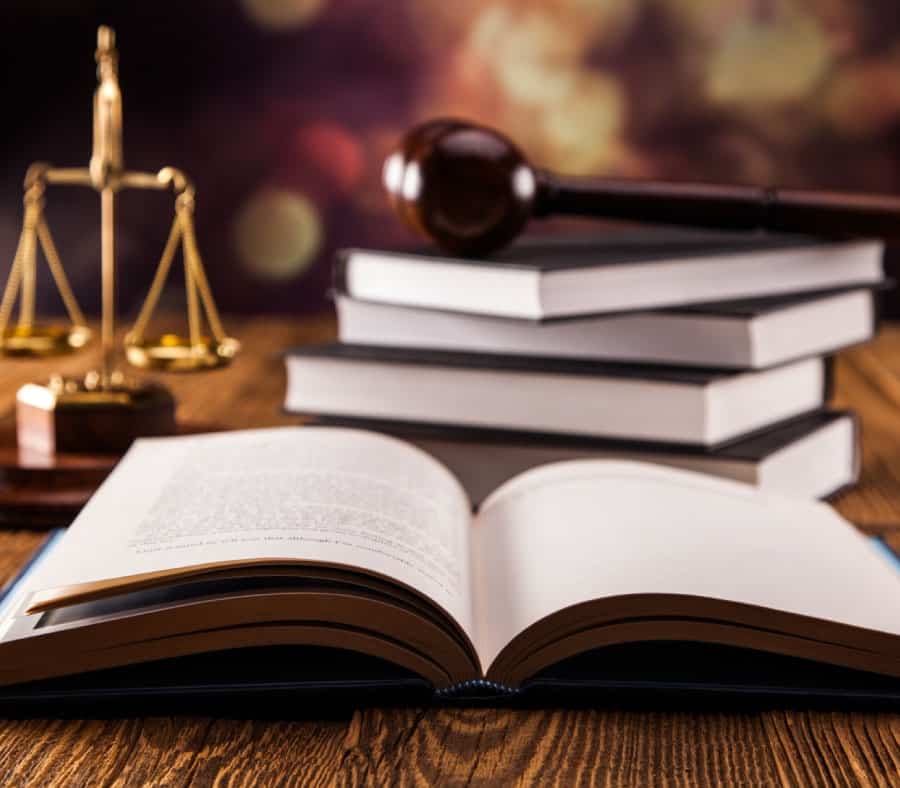
Chapter 7 Bankruptcy: A Path to Financial Fresh Start
When financial challenges become overwhelming, individuals often turn to bankruptcy as a legal avenue for debt relief. Chapter 7 bankruptcy, in particular, offers a Bitcointipsblog.com path to a fresh financial start by providing a means for the discharge of certain debts. This article explores the key aspects of Chapter 7 bankruptcy, its eligibility criteria, the filing process, and the potential implications for individuals seeking relief from substantial debt burdens.
I. Understanding Chapter 7 Bankruptcy:
- Liquidation Process: Chapter 7 bankruptcy is often referred to as a “liquidation” bankruptcy. In this process, a court-appointed trustee may sell certain non-exempt assets to repay creditors. However, many individuals who file for Chapter 7 are able to retain most, if not all, of their property through exemptions.
- Debt Discharge: One of the primary benefits of Chapter 7 is the potential discharge of unsecured debts, such as credit card balances, medical bills, and personal loans. This means that the debtor is no longer legally obligated to repay these debts.
II. Eligibility for Chapter 7:
- Means Test: Eligibility for Chapter 7 is determined in part by a means test, which assesses the debtor’s income compared to the median income in their state. If the debtor’s income is below the state median, they typically qualify for Chapter 7.
- Financial Hardship: Individuals who are facing genuine financial hardship, with insufficient income to cover their debts, may be eligible for Chapter 7. The court considers various factors, including income, expenses, and the nature of the debts.
III. The Chapter 7 Filing Process:
- Credit Counseling: Before filing for Chapter 7, individuals are Cryptosuccessful.com required to undergo credit counseling from an approved agency. This counseling helps debtors evaluate their financial situation and explore alternatives to bankruptcy.
- Filing the Petition: The Chapter 7 bankruptcy process begins with filing a petition with the bankruptcy court. This includes detailed information about the debtor’s financial situation, assets, income, expenses, and a list of creditors.
- Automatic Stay: Upon filing, an automatic stay goes into effect, halting most collection actions by creditors. This legal injunction provides immediate relief to the debtor, preventing wage garnishments, foreclosures, and other collection efforts.
- Appointment of a Trustee: A trustee is appointed by the court to oversee the Chapter 7 case. The trustee reviews the debtor’s assets, sells any non-exempt property to repay creditors, and ensures the fair distribution of funds.
- Meeting of Creditors: Debtors are required to attend a meeting of creditors, also known as a 341 meeting. During this meeting, the trustee and creditors have the opportunity to ask questions about the debtor’s financial situation.
IV. Exempt Property and Protections:
- Exemptions: Chapter 7 allows debtors to claim exemptions for certain types and amounts of property. Exempt property is protected from liquidation, enabling debtors to retain essential assets such as a home, car, and personal belongings.
- Homestead Exemption: The homestead exemption protects a portion of the debtor’s equity in their primary residence. The specific amount varies by state, providing homeowners with a safeguard against the forced sale of their home.
V. Debt Discharge and Post-Bankruptcy:
- Debt Discharge: Successful completion of a Chapter 7 case results in the discharge of qualifying unsecured debts. This discharge releases the debtor from the legal obligation to repay those debts.
- Rebuilding Credit: While Chapter 7 has a significant impact on an individual’s credit, it also marks the beginning of a fresh financial start. Debtors can take steps to rebuild their credit over time by establishing responsible financial habits.
VI. Potential Drawbacks and Considerations:
- Impact on Credit Score: Chapter 7 bankruptcy can have a negative impact on the debtor’s credit score, making it more challenging to obtain credit in the short term. However, individuals can work to rebuild their credit over time.
- Non-Dischargeable Debts: Certain debts, such as student loans, child support, and certain tax obligations, may not be dischargeable in Chapter 7. Debtors should be aware of these exceptions when considering bankruptcy.
VII. Seeking Legal Guidance:
- Importance of Legal Counsel: Given the complexities of bankruptcy law and the potential long-term implications, individuals considering Chapter 7 are strongly advised to seek the guidance of an experienced bankruptcy attorney. Legal professionals can navigate the intricacies of the process, ensure accurate filing, and provide tailored advice.
- Compliance with Requirements: Bankruptcy attorneys assist debtors in understanding the legal requirements, completing necessary paperwork, and representing their interests throughout the bankruptcy proceedings. Compliance with these requirements is essential for a successful Chapter 7 case.
VIII. Conclusion:
Chapter 7 bankruptcy serves as a valuable tool for individuals facing overwhelming debt and financial hardship. While it involves a liquidation process, the potential for debt discharge and the protection of certain assets make it a viable option for those in need of a fresh financial start. Understanding the eligibility criteria, filing process, and potential implications is crucial for individuals considering Chapter 7, and seeking legal counsel ensures a smoother and more informed journey through the bankruptcy process.